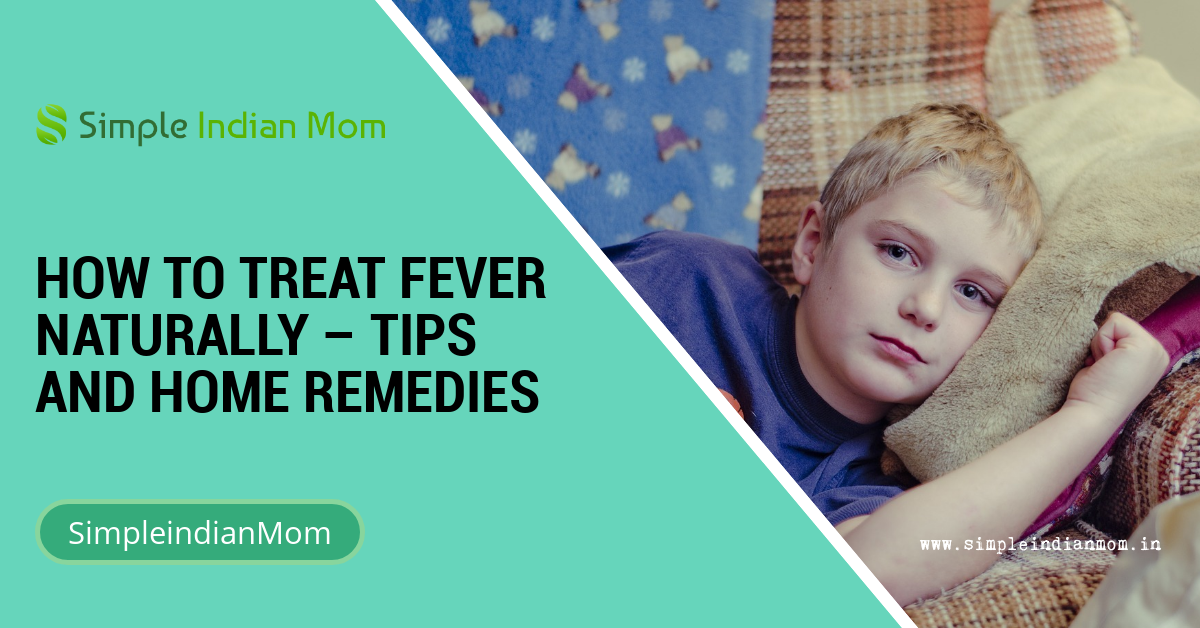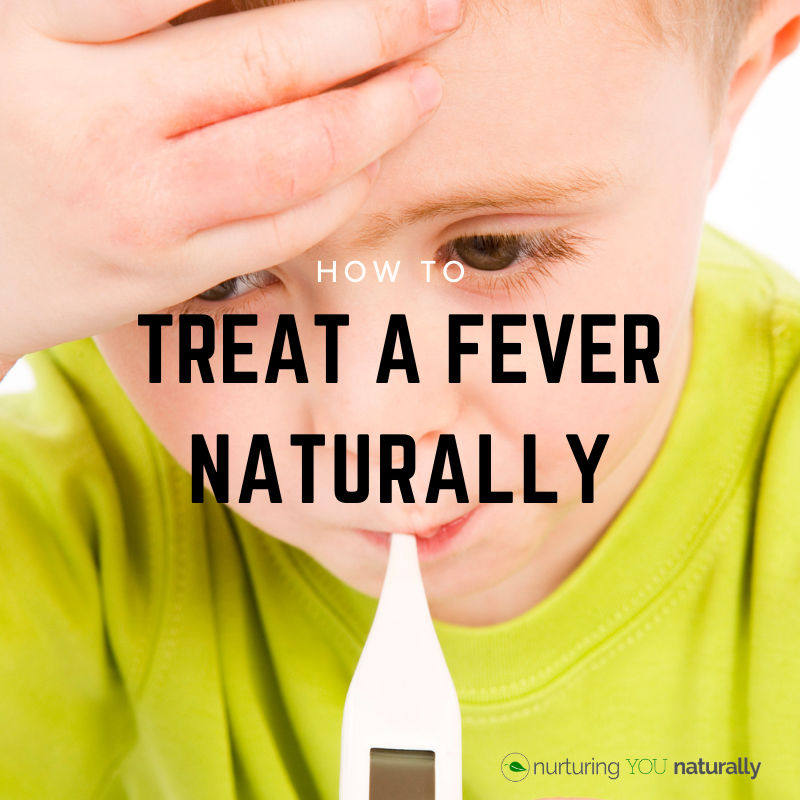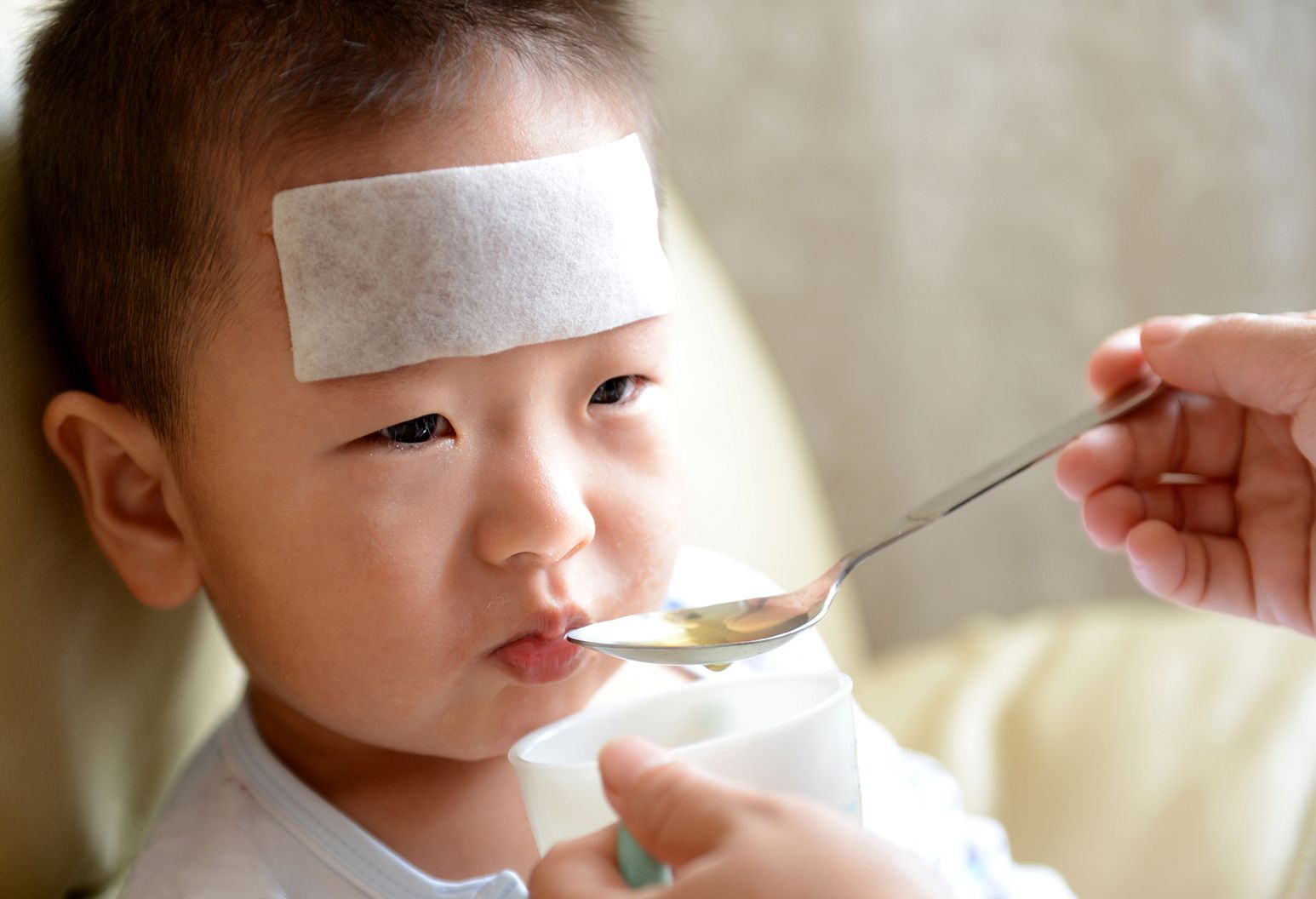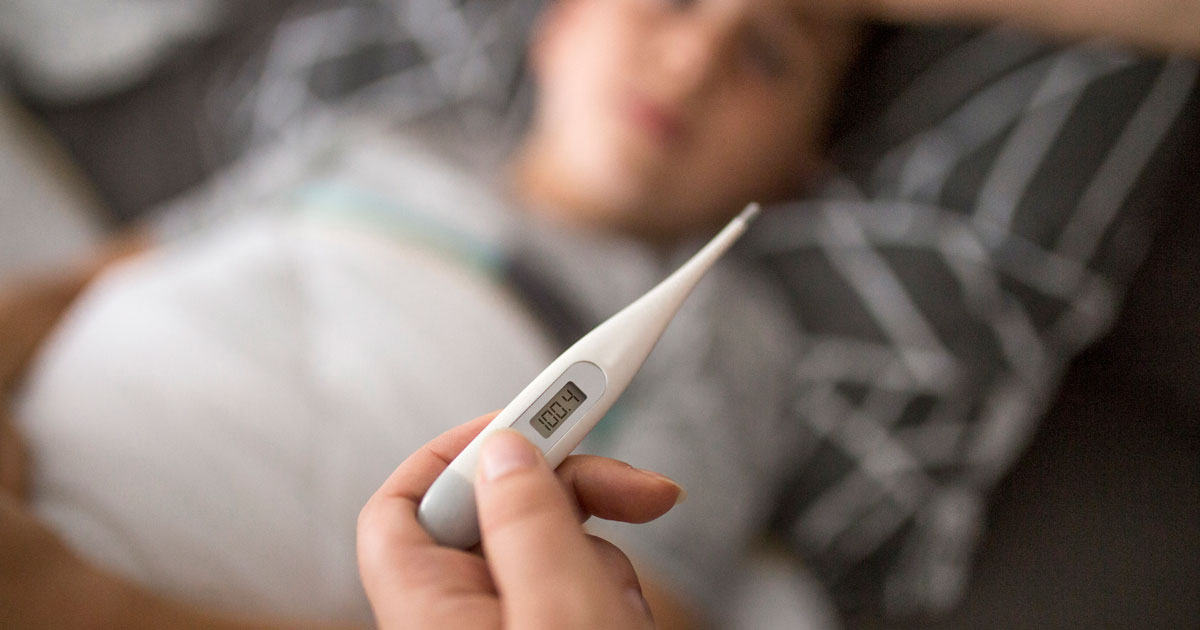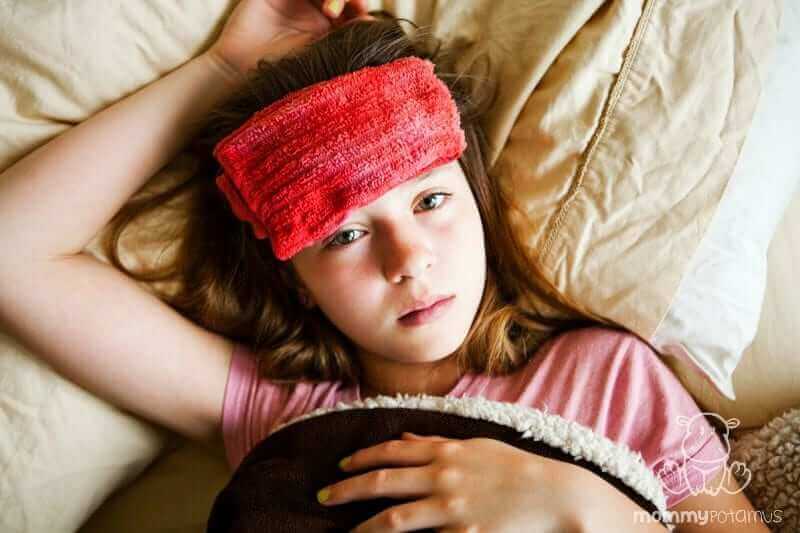Have A Tips About How To Treat The Fever

If your child is uncomfortable or restless, these home care strategies may help:
How to treat the fever. When you have a fever, it’s your body’s normal response to fighting an infection or illness. It describes a body temperature that’s higher than normal. Fevers usually aren’t a serious concern.
Stiff neck trouble breathing severe pain anywhere in the body swelling or inflammation of any part of the body vaginal discharge that is discolored or smells bad pain when urinating or urine that smells bad. You can also use a damp washcloth to give. Fever itself is not an illness—it’s a symptom of one.
How to cure a fever at home wear light clothing. You need to rest in order to recover and reduce a fever. If the room is hot or stuffy, a.
Other conditions can also cause a fever. How tonsillitis is treated will depend on the cause. For an adult whose fever is 102°f (38.9°c) or lower, the recommendation is simply to rest and drink lots of fluids.
Wrap the cold pack in a cloth to avoid direct contact with the skin. You can also join the mayo clinic connect community and. It's best you hide away your feather duster.
Learn more about the symptoms, causes, and treatments of fever at mayo clinic, a trusted source of health information and care. In most cases, symptoms will go away between 3 and 7 days, whether it’s a viral or bacterial infection. How do you break a fever?
These minor fevers may be helpful in reducing the number of microbes causing your illness. They can get some nausea, vomiting and even diarrhea, dr. If you're uncomfortable, take acetaminophen (tylenol, others), ibuprofen (advil, motrin ib, others) or aspirin.
Many times, they even describe an aching behind their eyes. It's a physiological response to something else. People who have the virus might feel better in about a week.
Your body will often react to sickness or infection with a fever; Don't give aspirin to children or teenagers. Fever is a common sign of infection or inflammation, but it can also be caused by other factors, such as medications, vaccines, or heat exhaustion.
Be sure to: Treatment is aimed at relieving symptoms and includes: Keep hydrated by drinking plenty of water to replenish.


